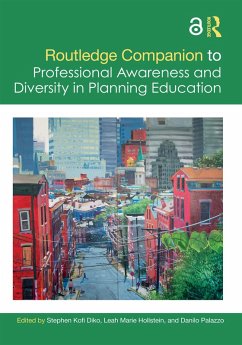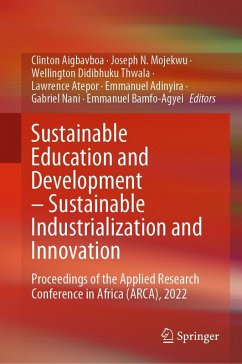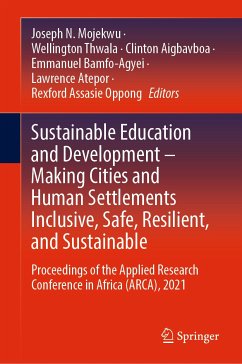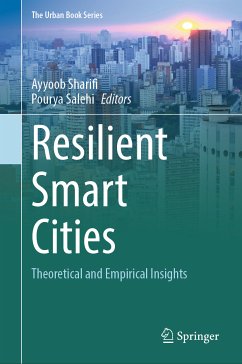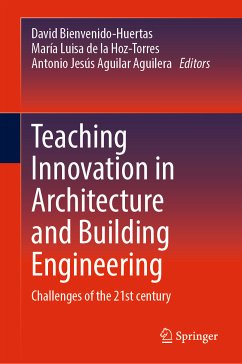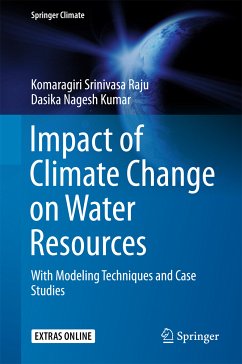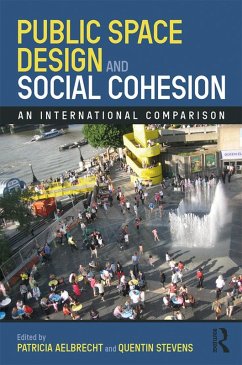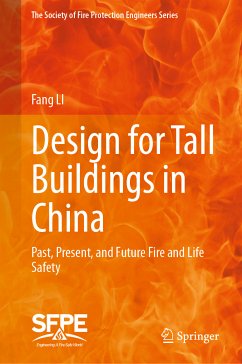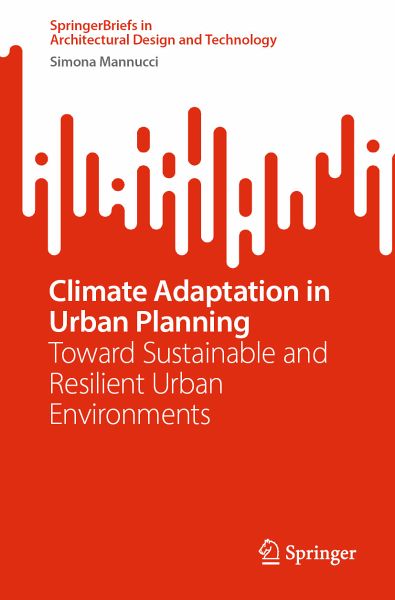
Climate Adaptation in Urban Planning (eBook, PDF)
Toward Sustainable and Resilient Urban Environments
Versandkostenfrei!
Sofort per Download lieferbar
36,95 €
inkl. MwSt.
Weitere Ausgaben:

PAYBACK Punkte
18 °P sammeln!
This book provides an overview of the current planning paradigms and technical strategies to cope with climatechange, specifically flooding. Architecture and planning face the challenging task of designing the built environment while addressing complex issues in urban areas. Factors such as climate change, societal and economic issues and population growth can significantly impact the success of a plan. In order to plan for the future, adaptation and flexibility have become crucial. However, the traditional deterministic approach in planning allows no room for failure, expecting plans and proj...
This book provides an overview of the current planning paradigms and technical strategies to cope with climate
change, specifically flooding. Architecture and planning face the challenging task of designing the built environment while addressing complex issues in urban areas. Factors such as climate change, societal and economic issues and population growth can significantly impact the success of a plan. In order to plan for the future, adaptation and flexibility have become crucial. However, the traditional deterministic approach in planning allows no room for failure, expecting plans and projects to achieve desired objectives regardless of how the future unfolds. It also explores new planning paradigms, methods, and tools from other disciplines that can be integrated into urban planning to achieve long-term, flexible adaptation in the face of uncertain conditions (Decision Making Under Deep Uncertainty-DMDU). Additionally, a case study is presented, focusing on addressing uncertainties in a flood-prone area in Rome through scenario planning, combining various cutting-edge model-based methodologies drawn from DMDU. The target audiences are researchers and practitioners in architecture and urban planning.
change, specifically flooding. Architecture and planning face the challenging task of designing the built environment while addressing complex issues in urban areas. Factors such as climate change, societal and economic issues and population growth can significantly impact the success of a plan. In order to plan for the future, adaptation and flexibility have become crucial. However, the traditional deterministic approach in planning allows no room for failure, expecting plans and projects to achieve desired objectives regardless of how the future unfolds. It also explores new planning paradigms, methods, and tools from other disciplines that can be integrated into urban planning to achieve long-term, flexible adaptation in the face of uncertain conditions (Decision Making Under Deep Uncertainty-DMDU). Additionally, a case study is presented, focusing on addressing uncertainties in a flood-prone area in Rome through scenario planning, combining various cutting-edge model-based methodologies drawn from DMDU. The target audiences are researchers and practitioners in architecture and urban planning.
Dieser Download kann aus rechtlichen Gründen nur mit Rechnungsadresse in A, B, BG, CY, CZ, D, DK, EW, E, FIN, F, GR, HR, H, IRL, I, LT, L, LR, M, NL, PL, P, R, S, SLO, SK ausgeliefert werden.



